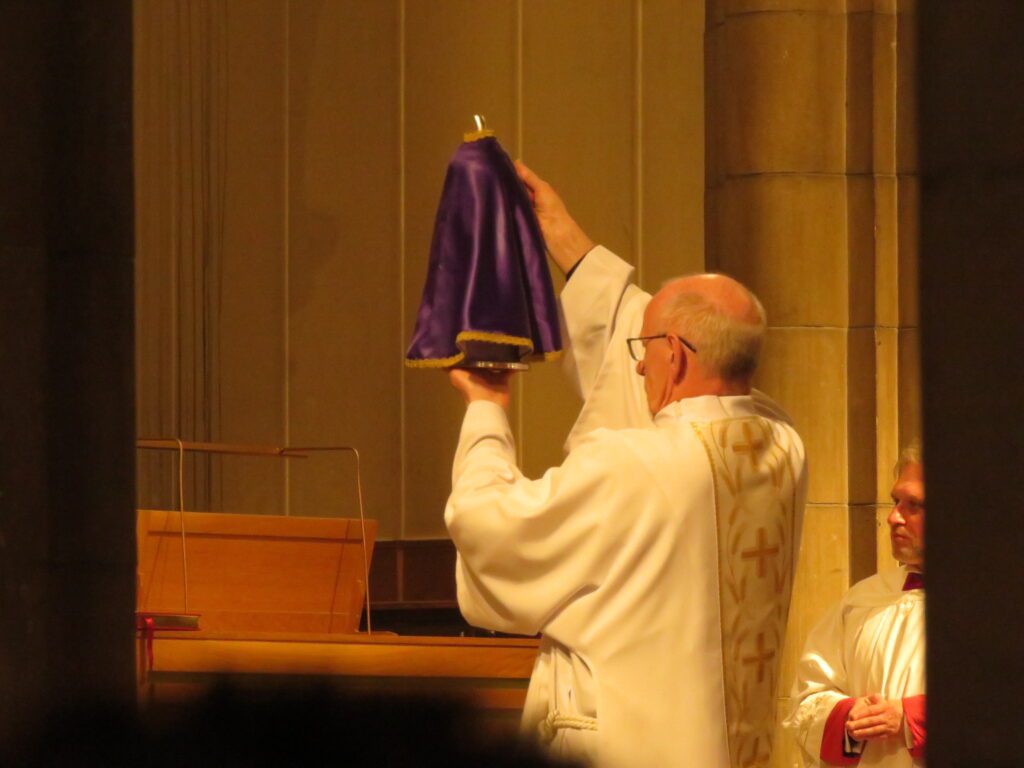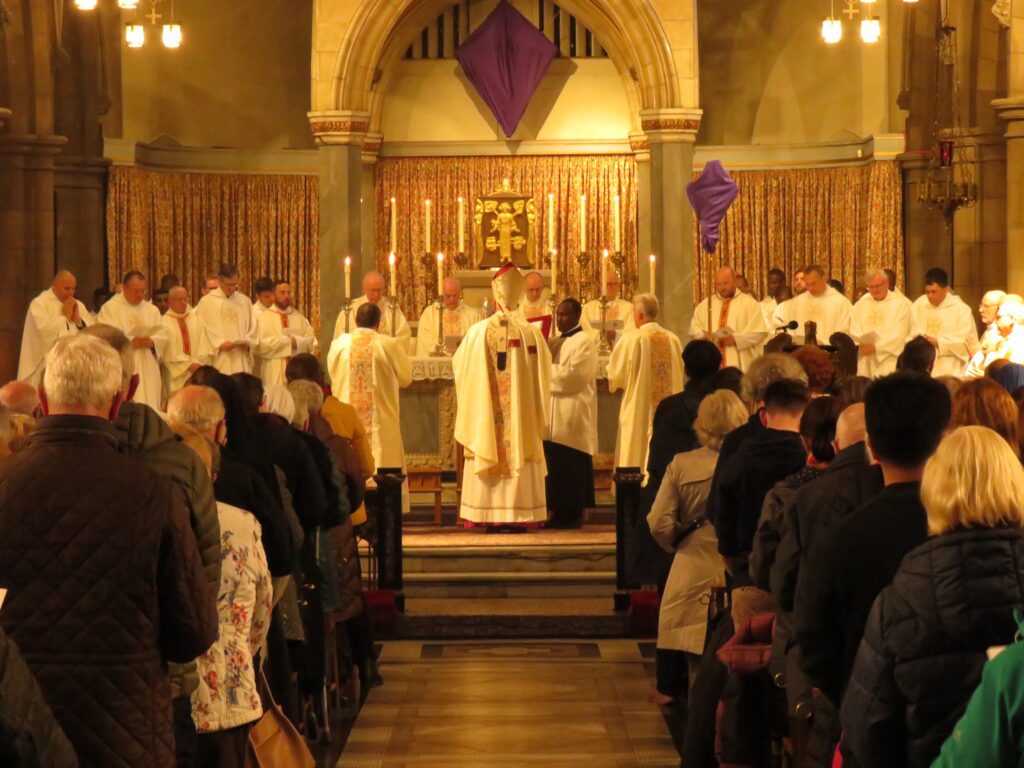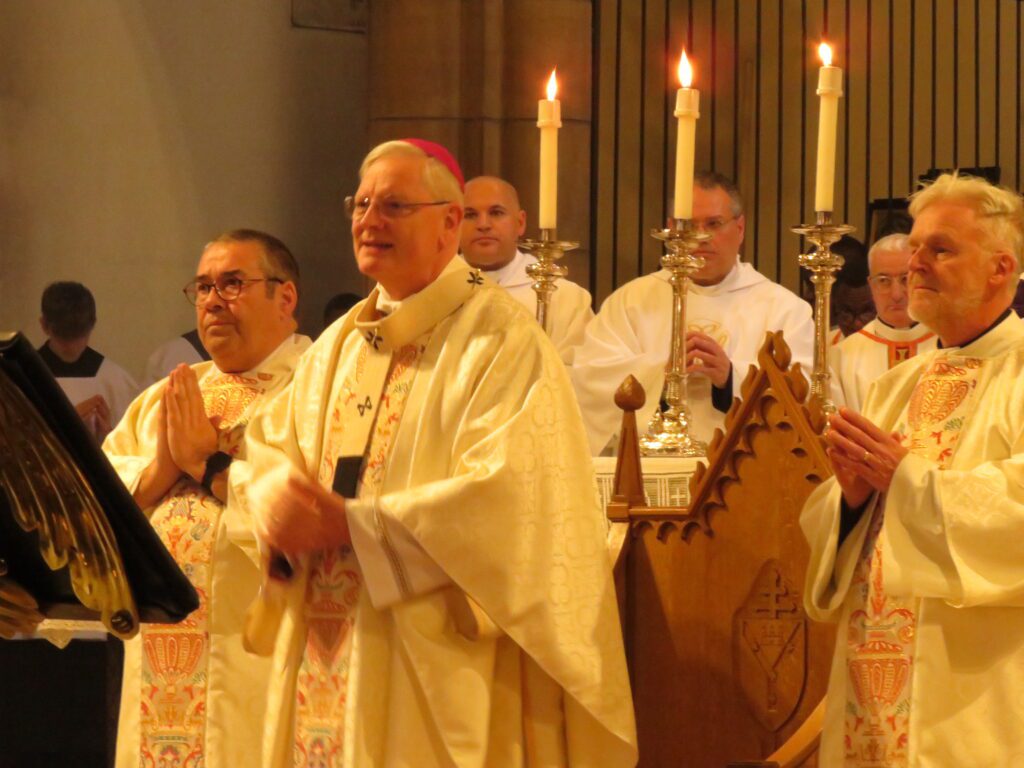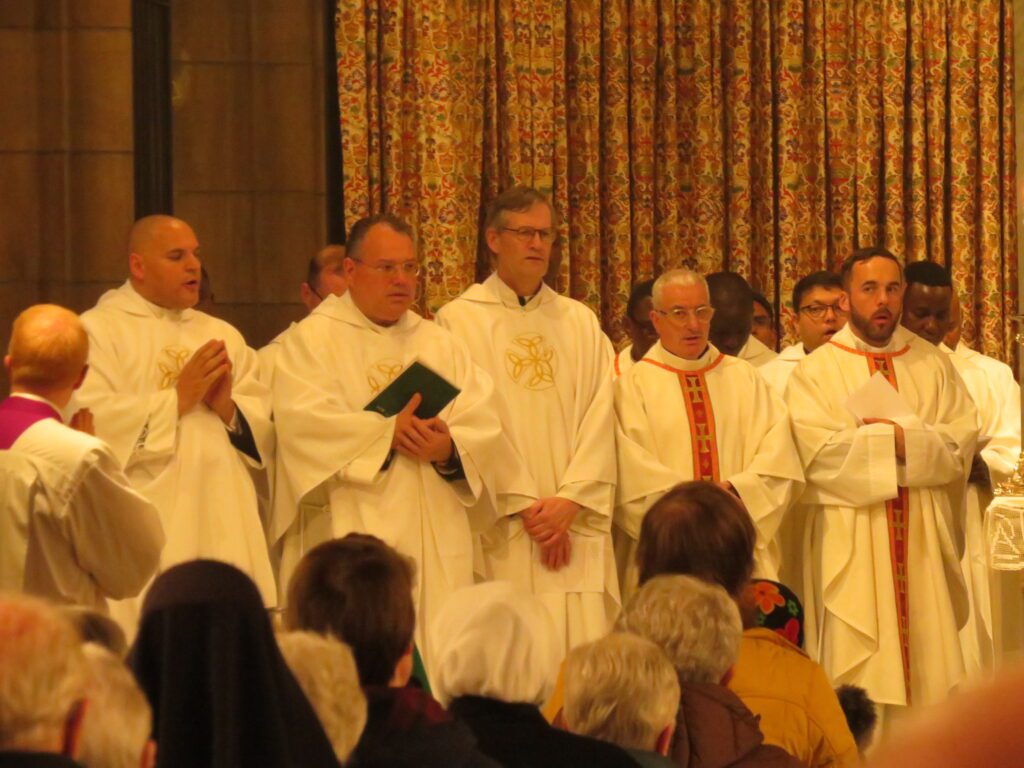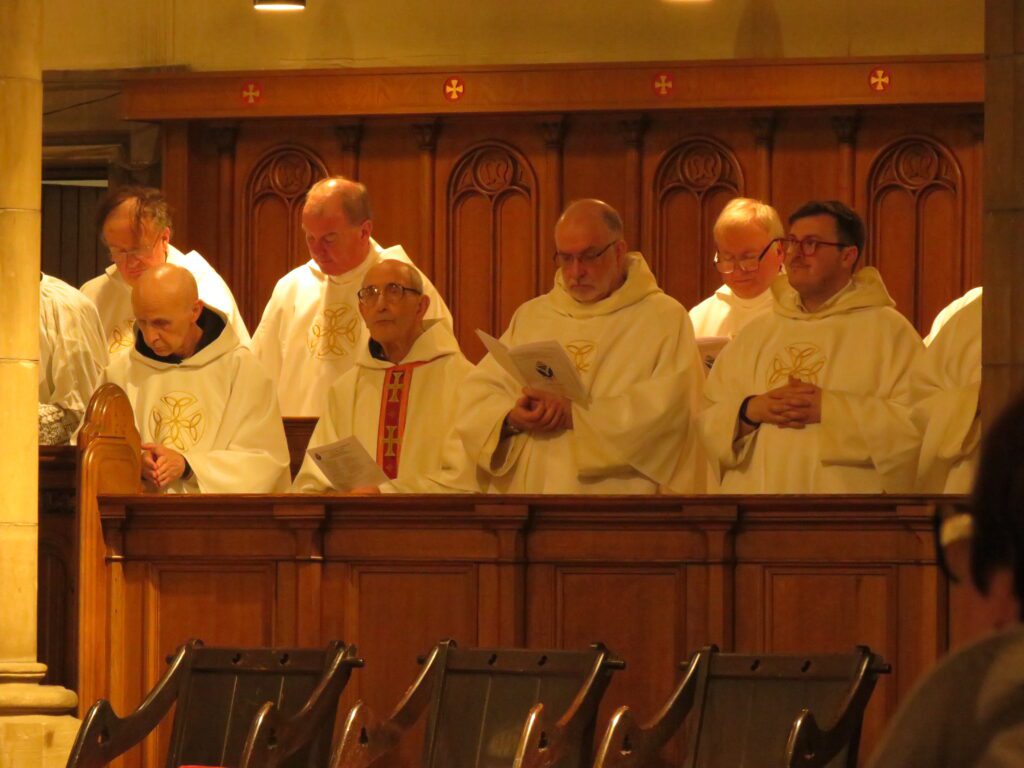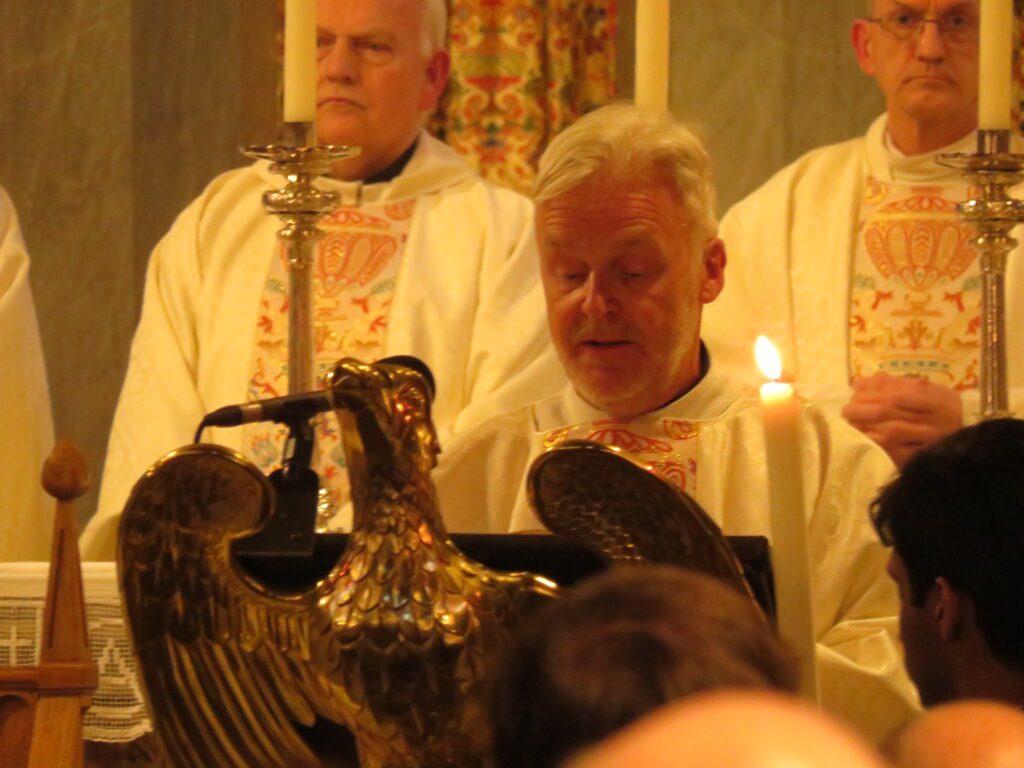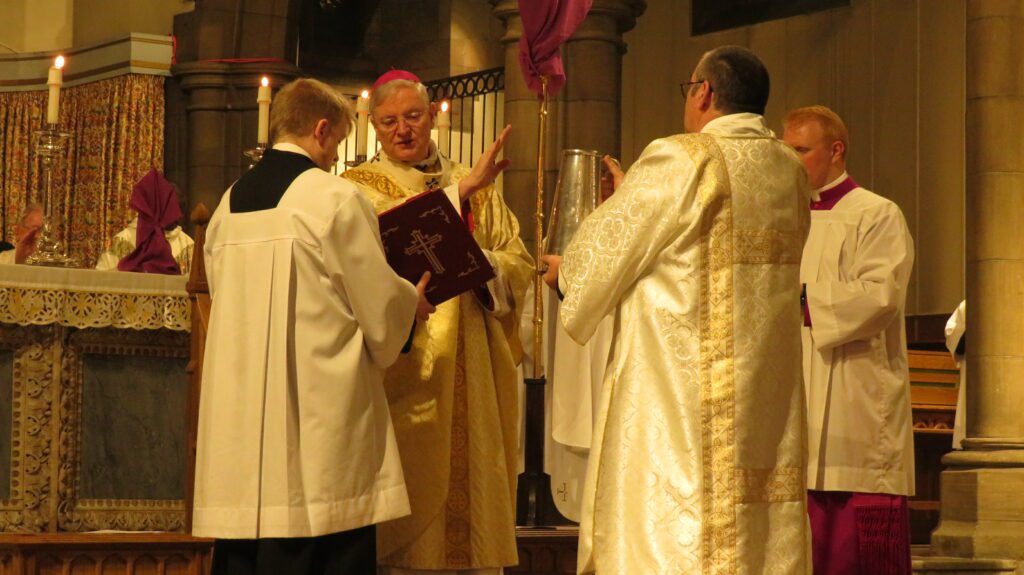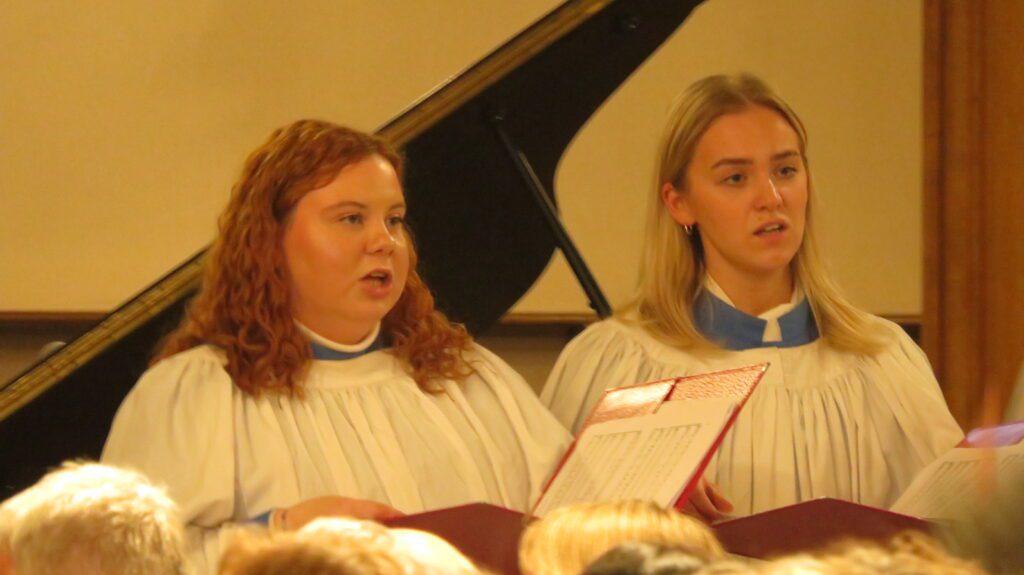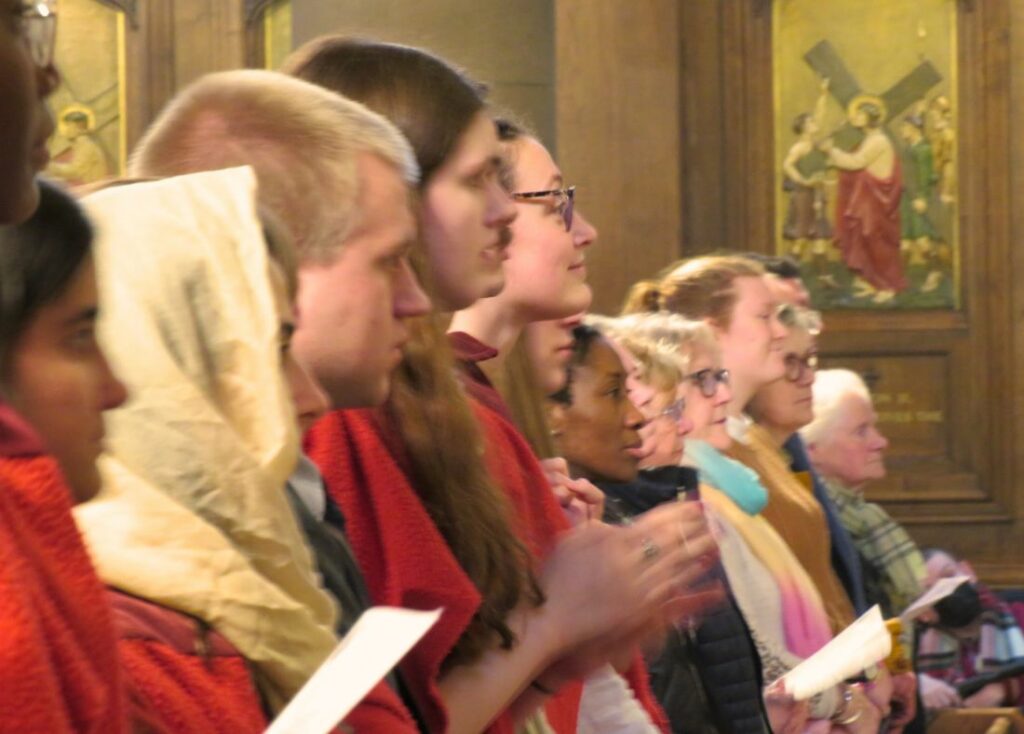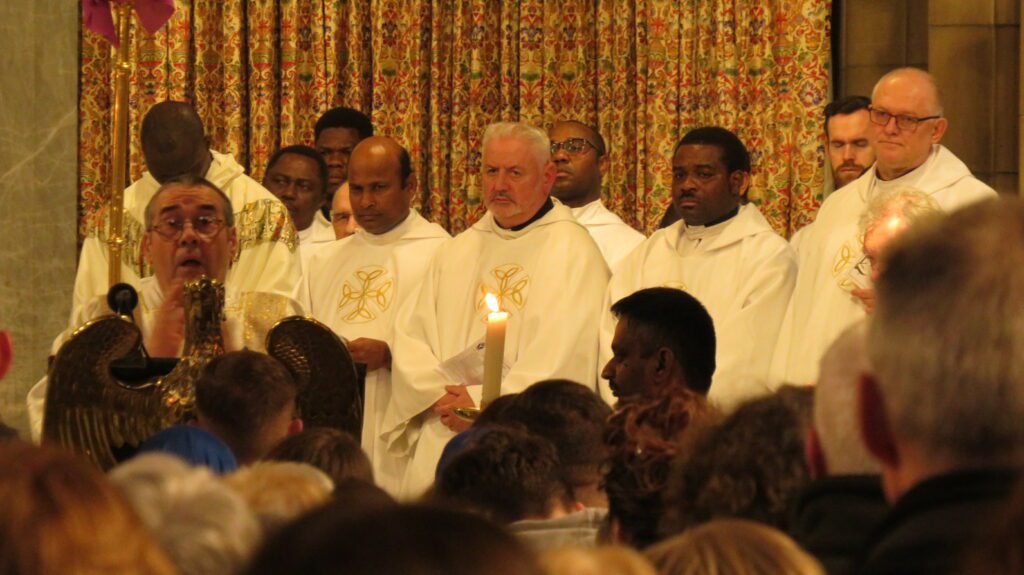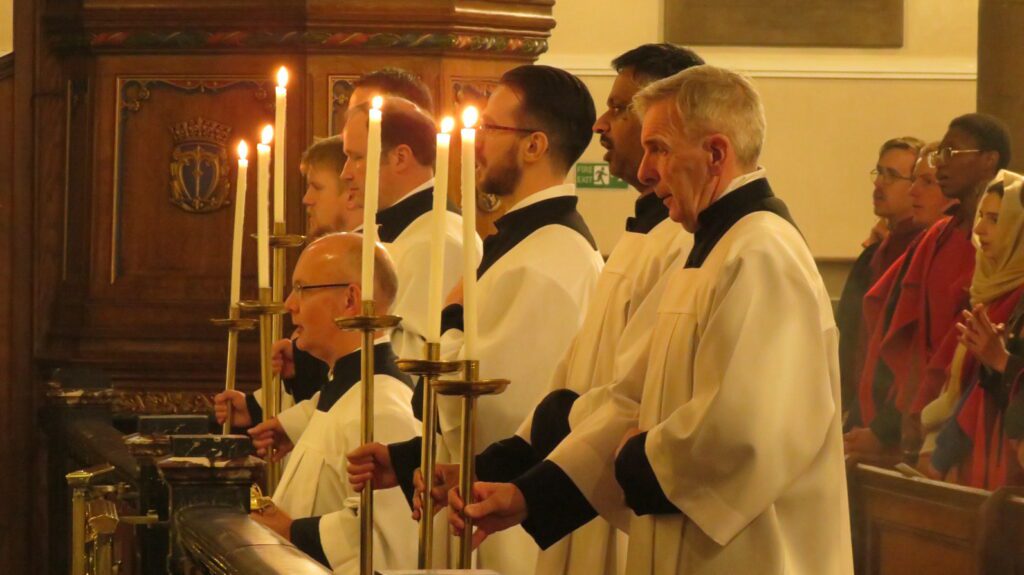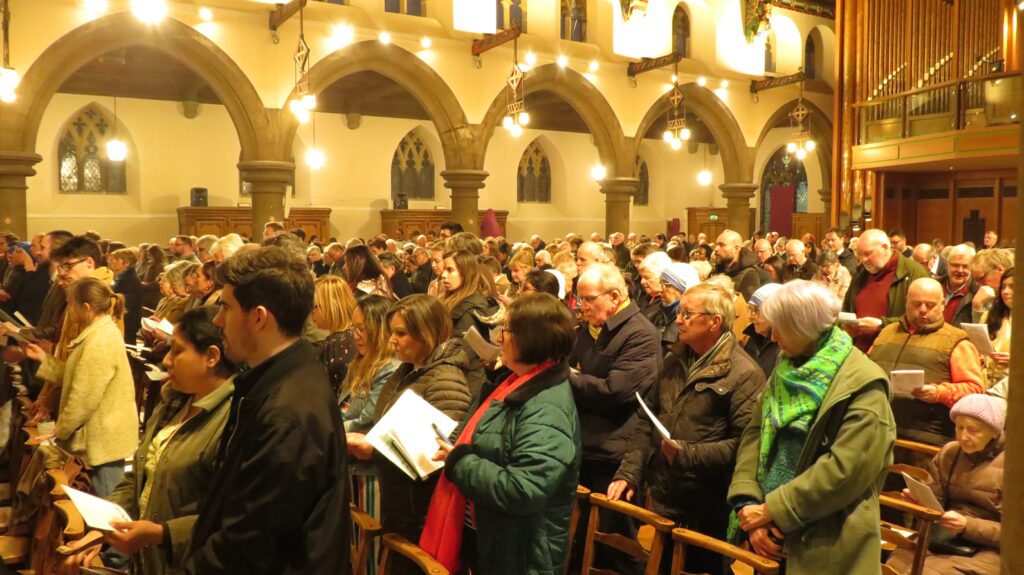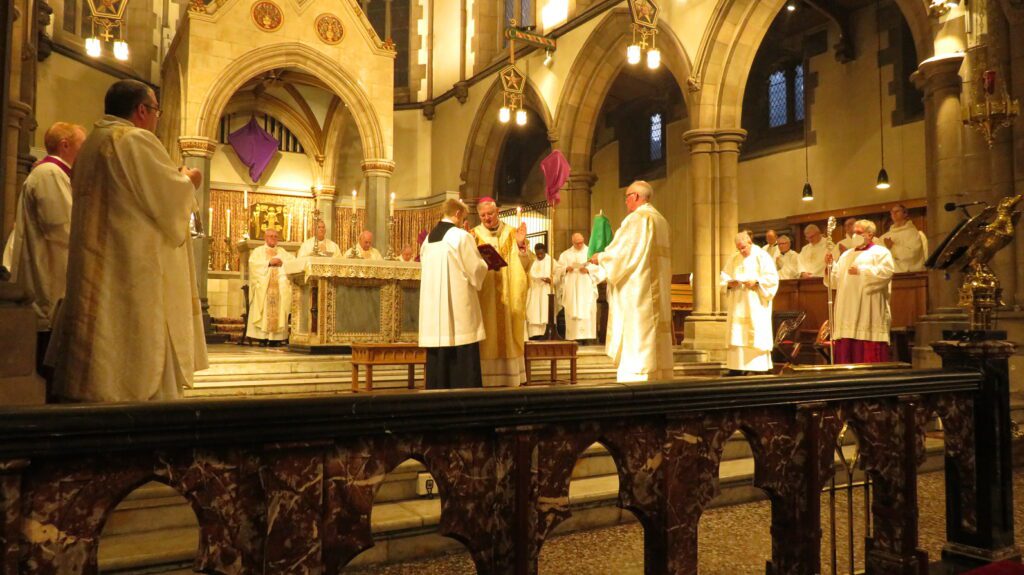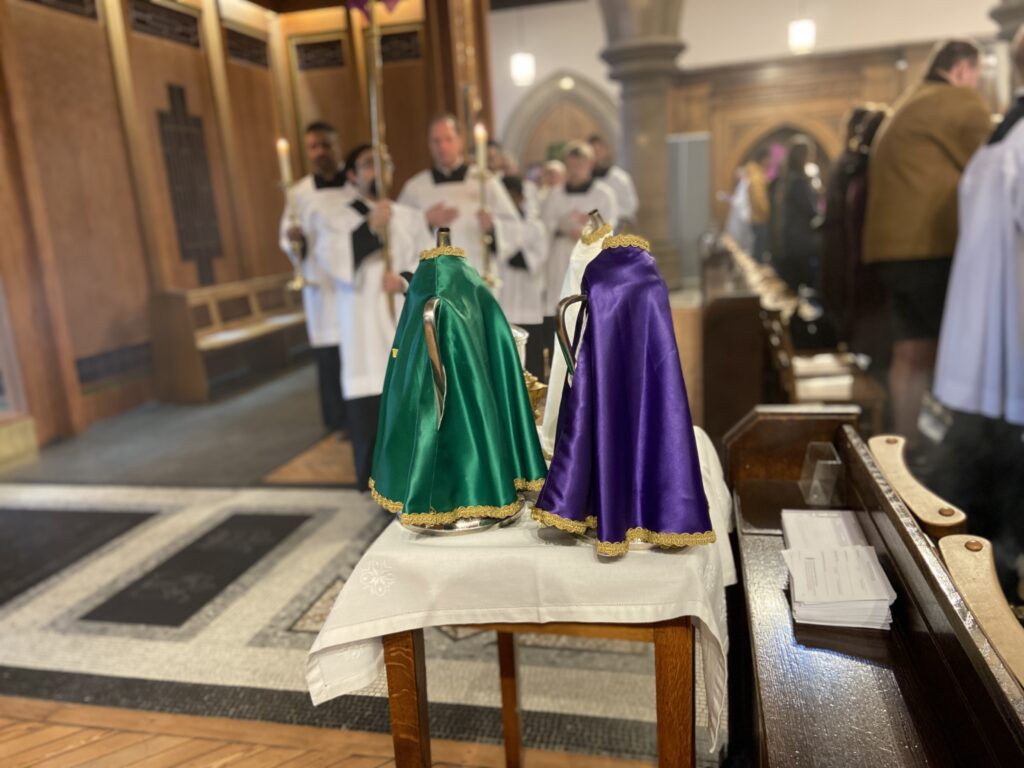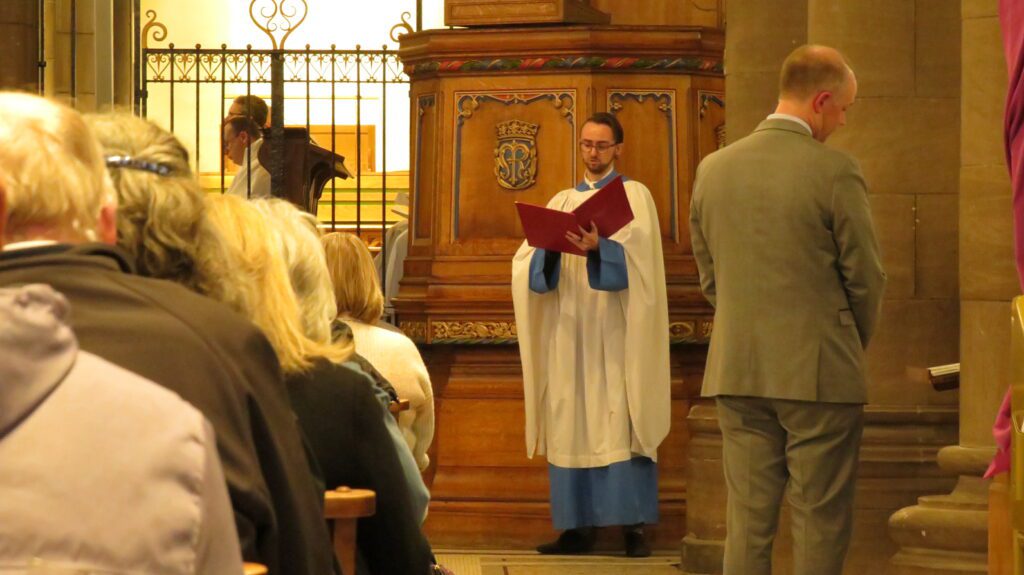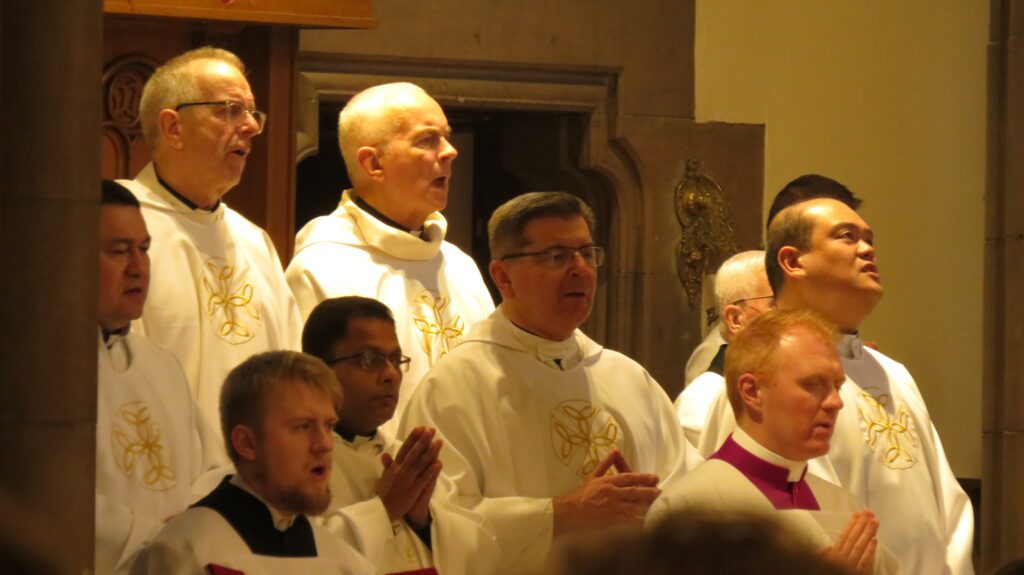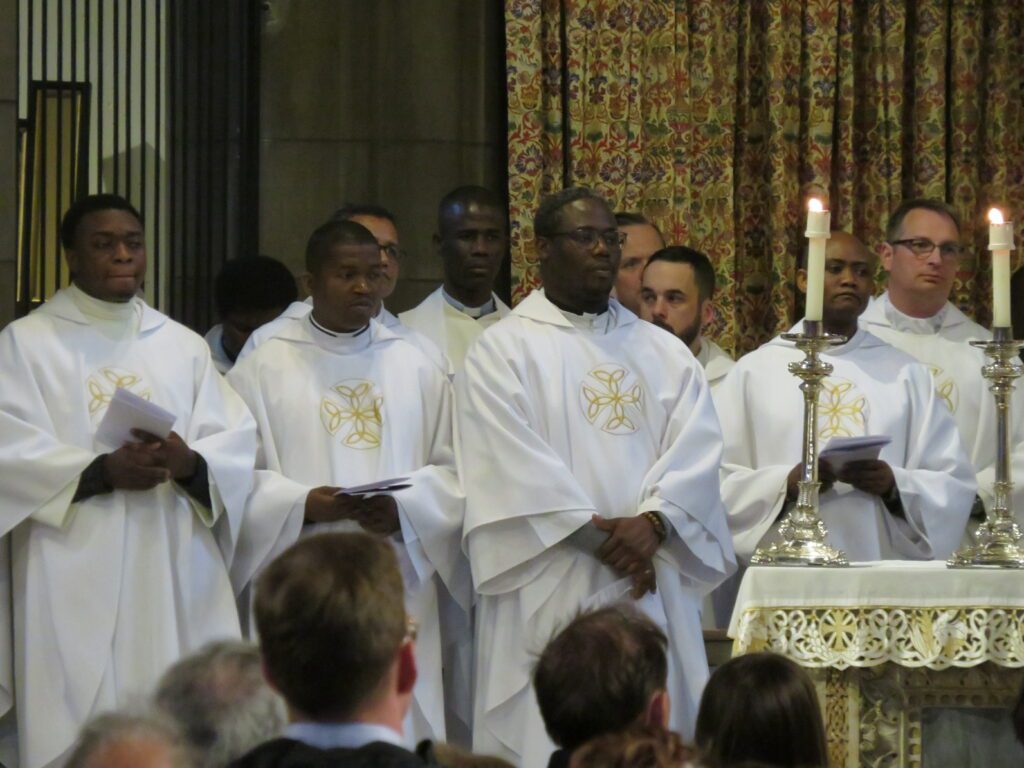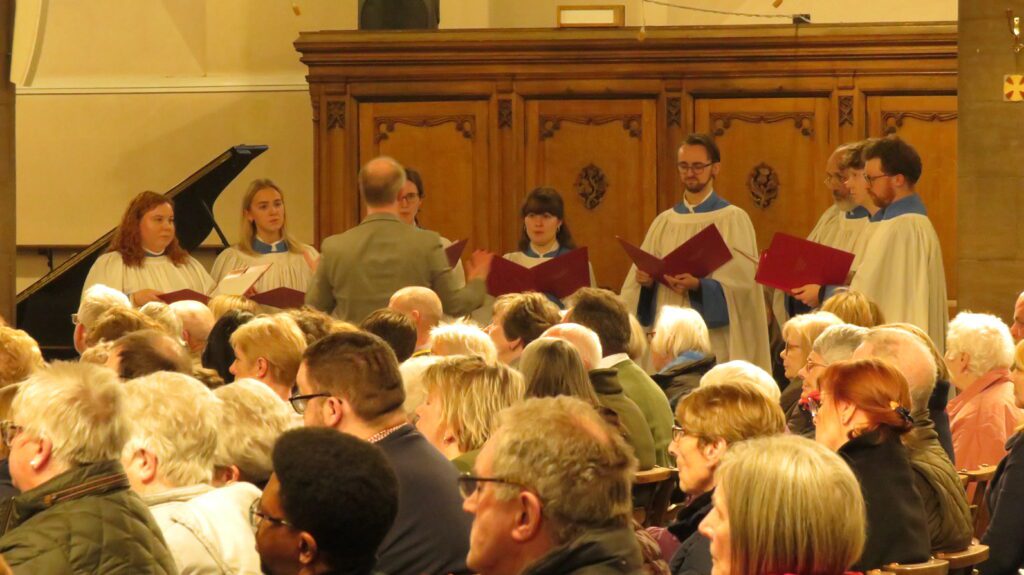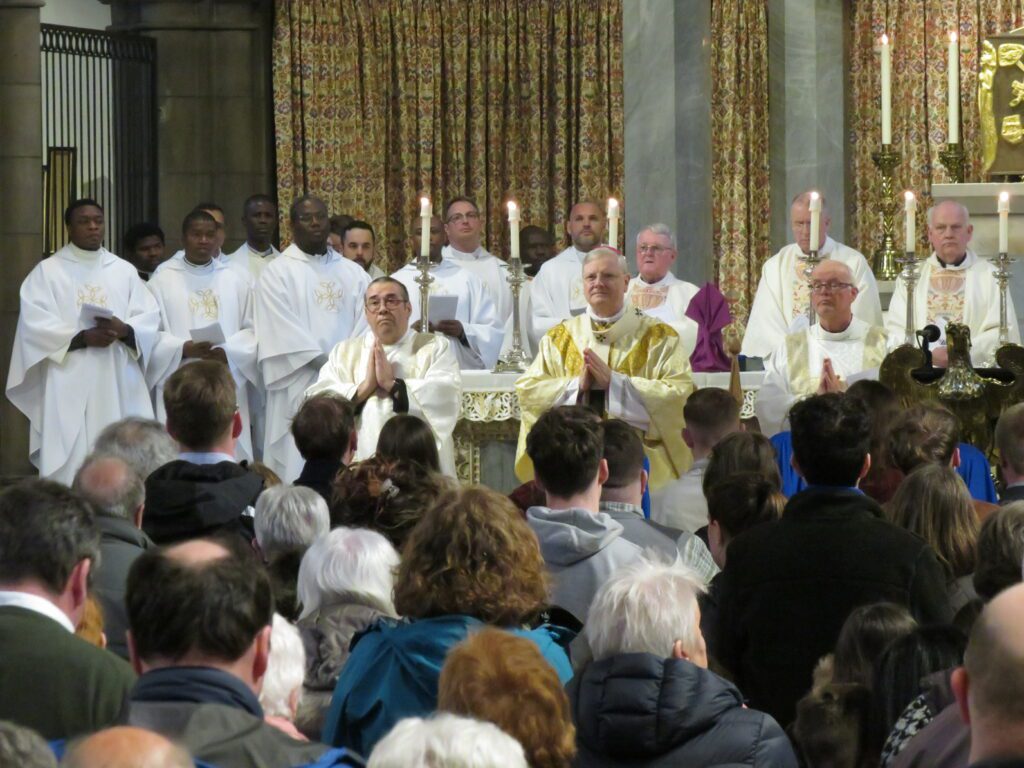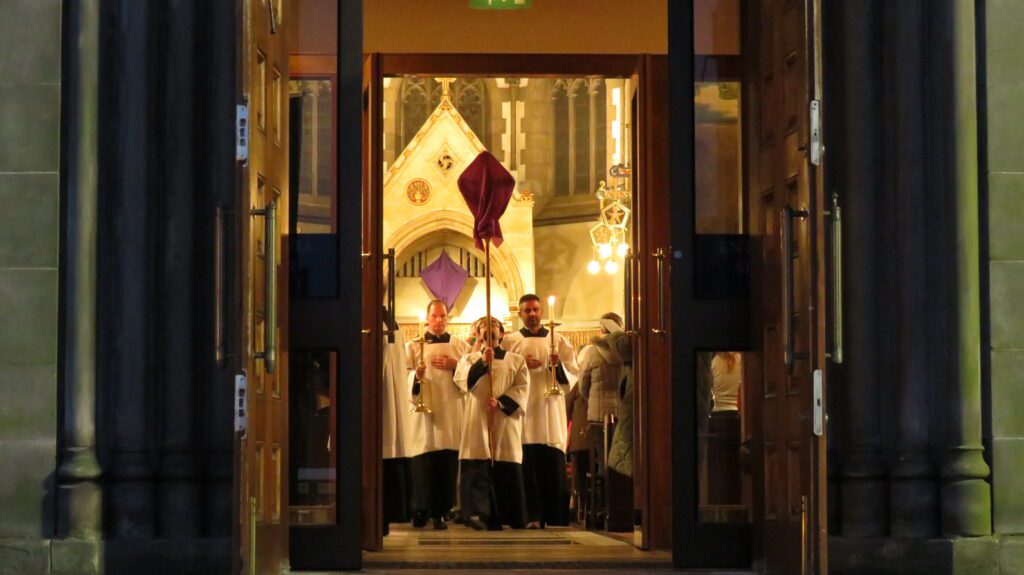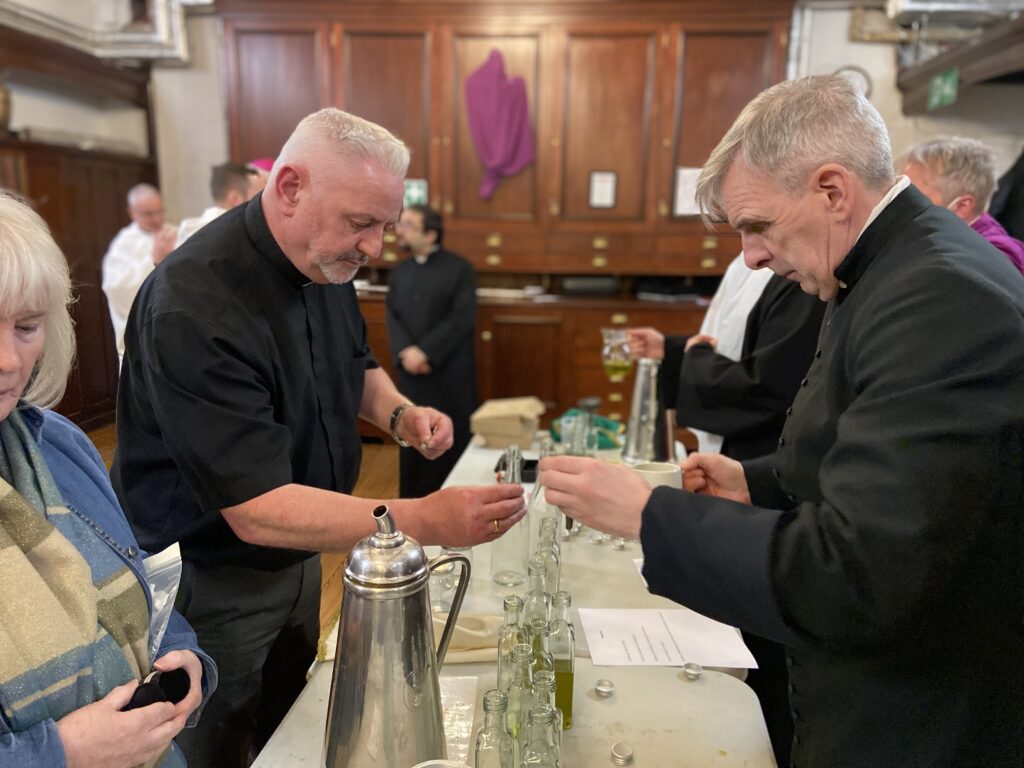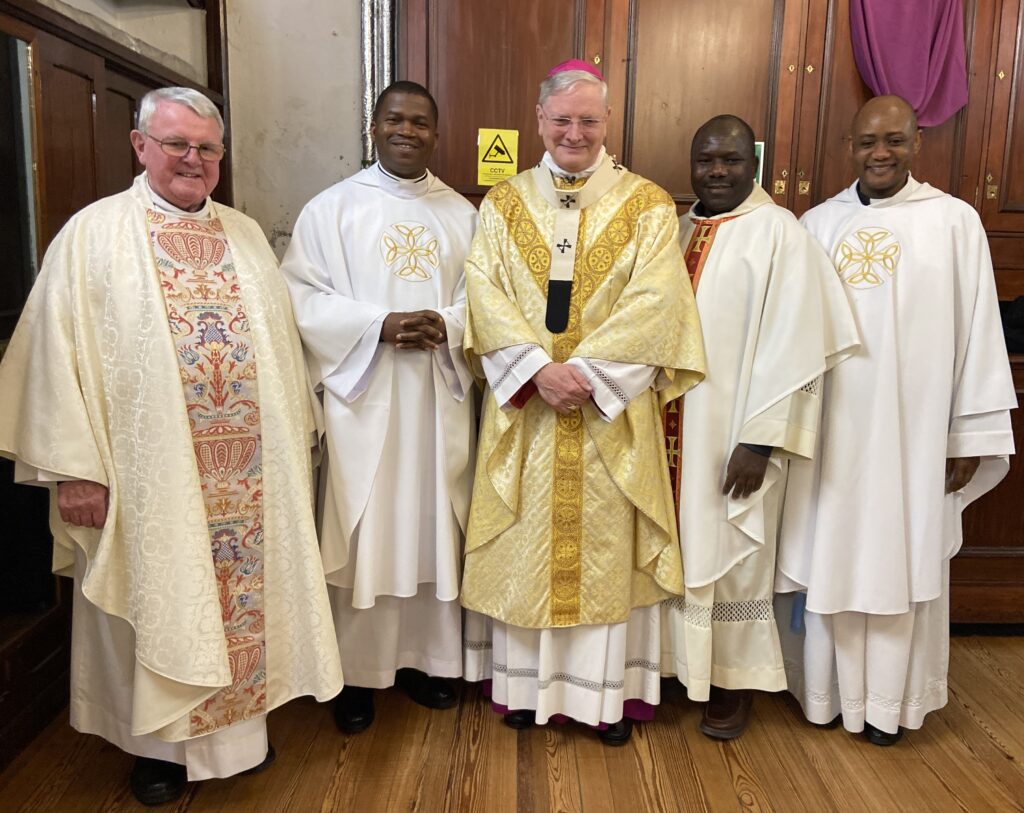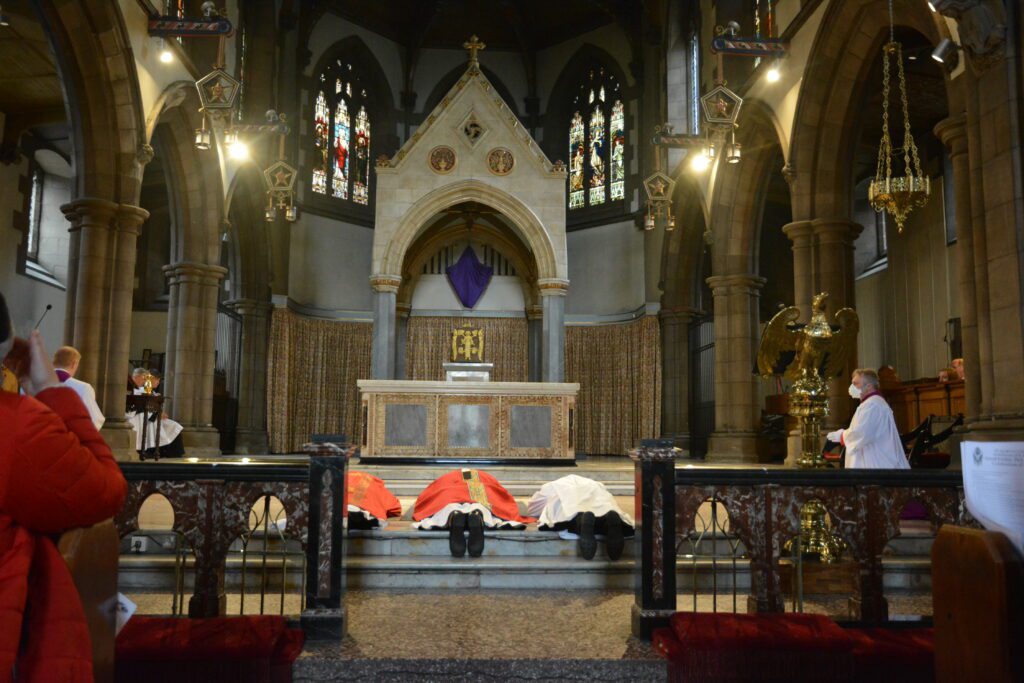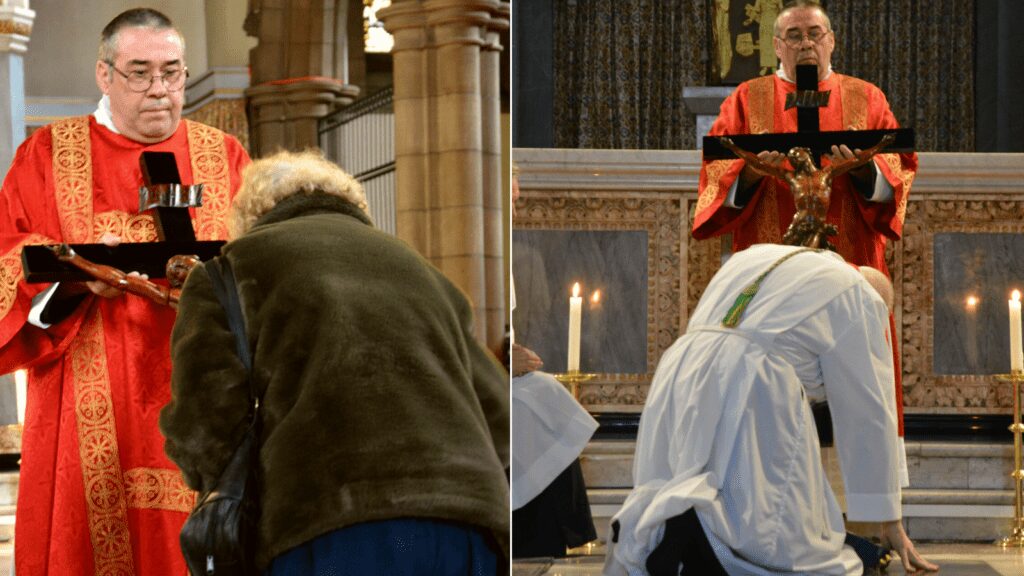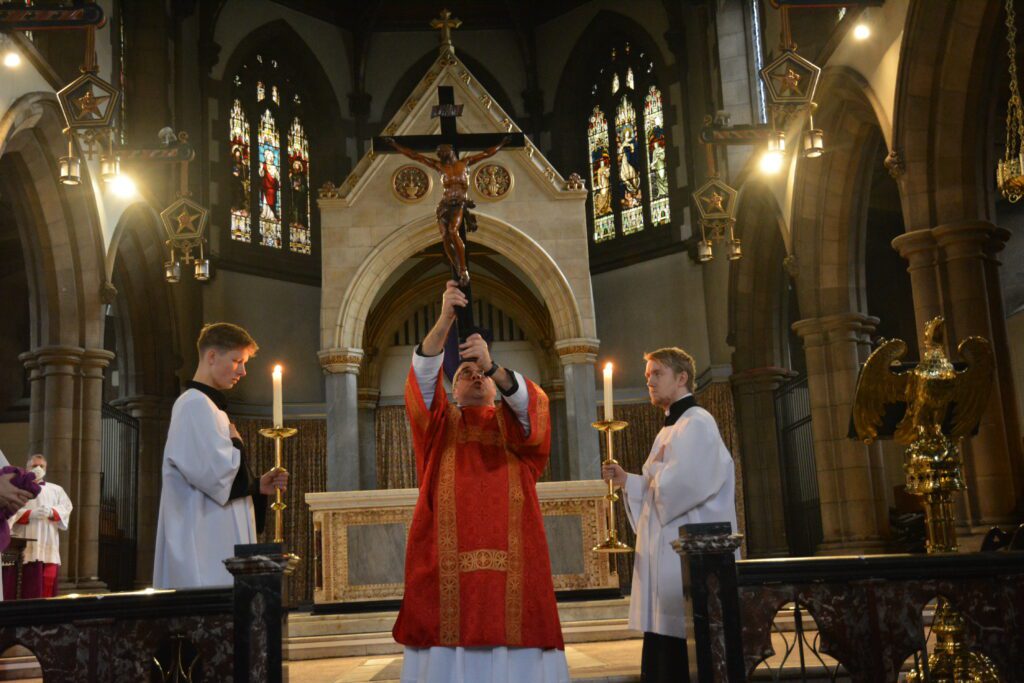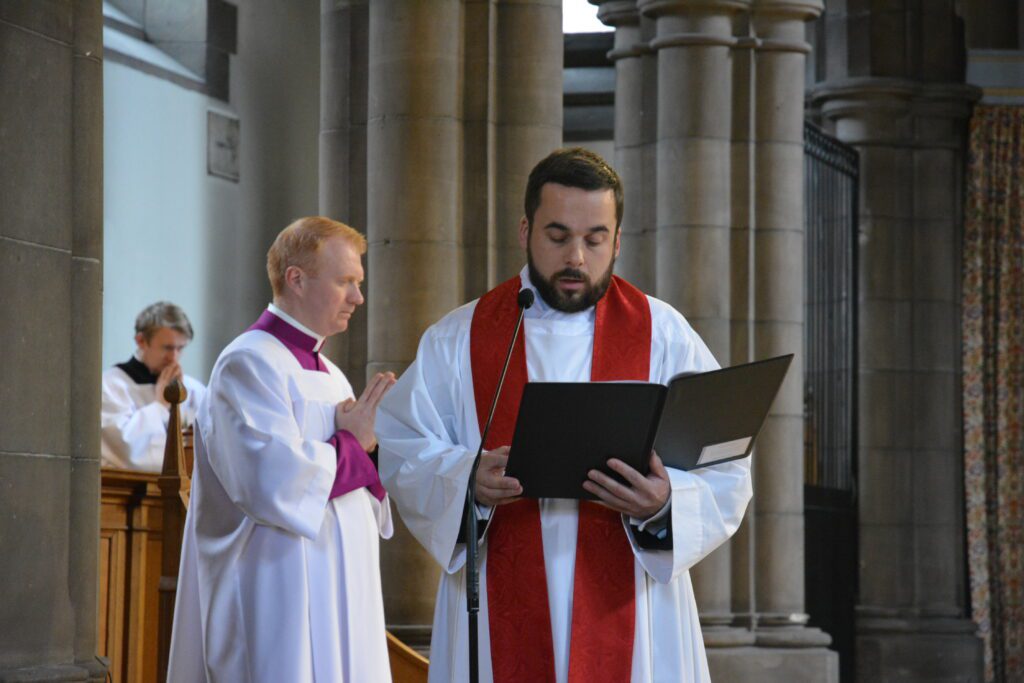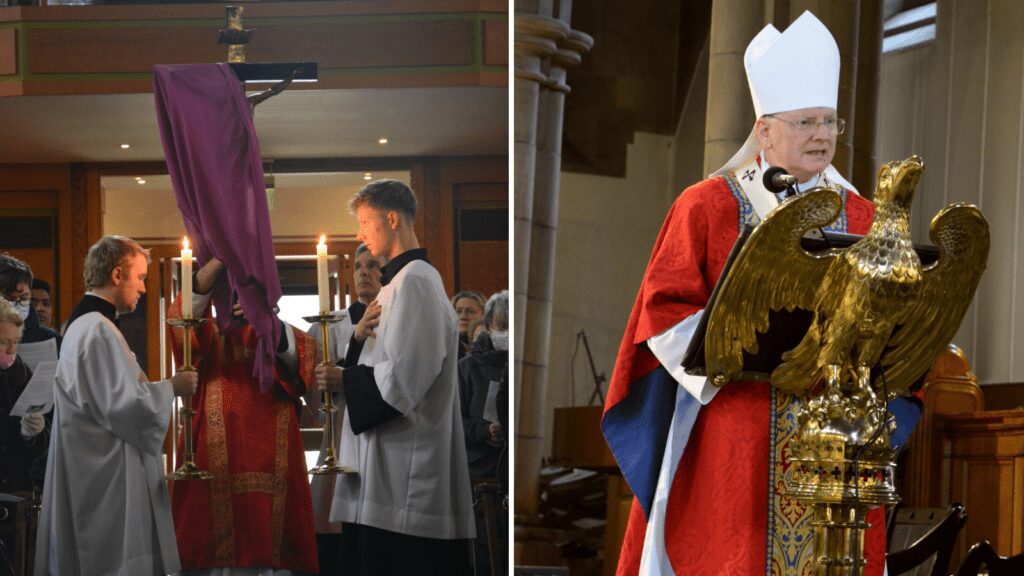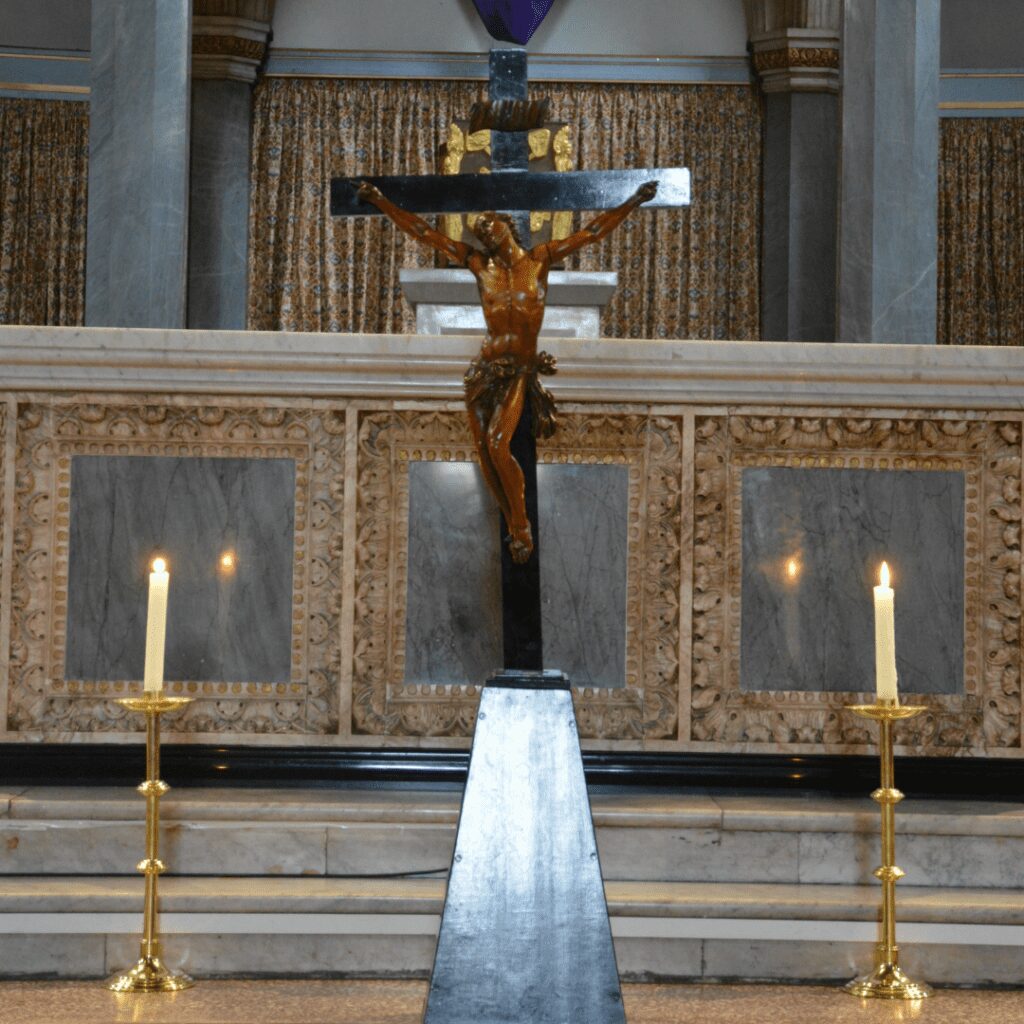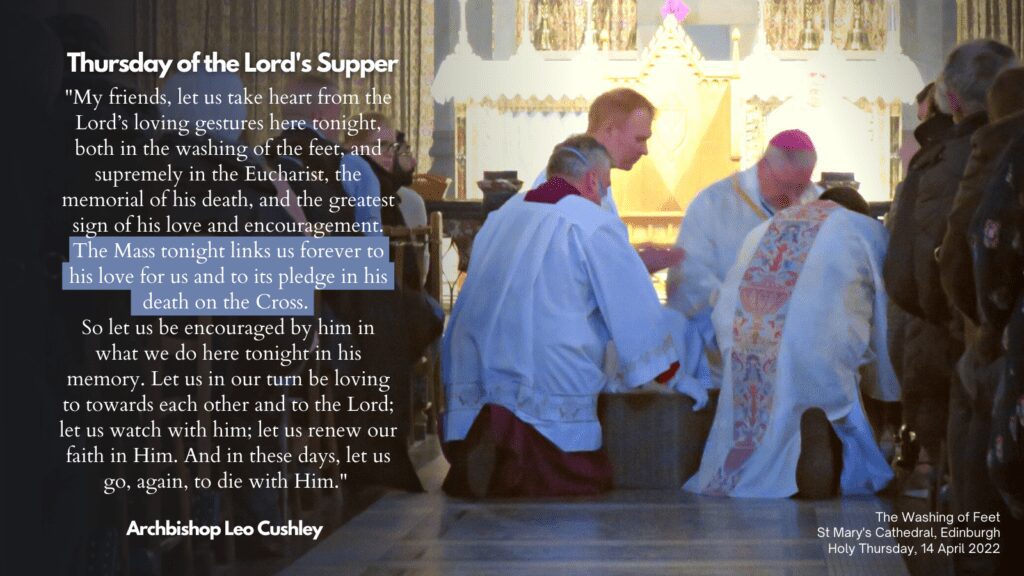Good Friday: 'Jesus the Truth'
Here is the Homily of Archbishop Leo Cushley on The Passion of the Lord, Good Friday, St Mary's Catholic Cathedral, Edinburgh.
***
My dear friends,
Last night in our celebration of the Lord’s Supper we accompanied the Lord as he began to tread the Via Dolorosa, the way of pain that leads Him to the Cross.
Today, he continues along that Way, humbly, willingly, for us.
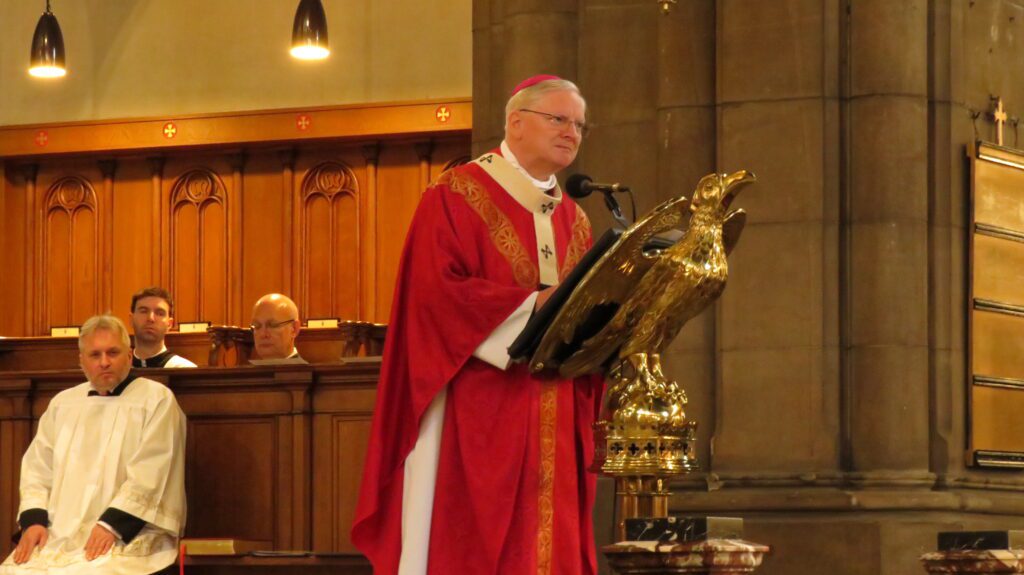
Externally, he appears powerless, a victim, an innocent, powerless lamb led to the slaughter with no one to vindicate Him.
There is no one to rescue Him, no one to argue on His behalf, or offer a word or a gesture that can save Him.
There appears to be nothing he Himself can offer to say or do that will spare His life.
"On the Cross, Jesus reveals Himself as the Truth...He is the dazzling reality of the God who sets us free in His victory on the Cross." - Archbishop Leo Cushley. pic.twitter.com/PuFVROfa8U
— Archdiocese of St Andrews & Edinburgh (@archedinburgh) April 18, 2025
In mockery he takes the place of Barabbas, a murderer, a revolutionary, and yet he is the precise opposite: he is someone who brings life, not death, someone who wishes, not to destroy but to build up and to bless and to heal.
Jesus appears powerless in the face of raw power: three very different, competing interests combine to destroy Him:
- the local authorities are satisfied to accept a flimsy accusation of blasphemy;
- Herod wishes, cruelly, merely to be entertained, and cares little that someone will get killed in the process;
- and Pilate, the one man in Palestine with the power of life and death, the representative of the Roman state, a state proud of the rule of law in its empire, ultimately, eventually gives in to the mob.
The injustices and falsehoods pile up and triumph. Where is the truth in any of this?
At a crucial moment, Pilate poses this very question, the question about truth.
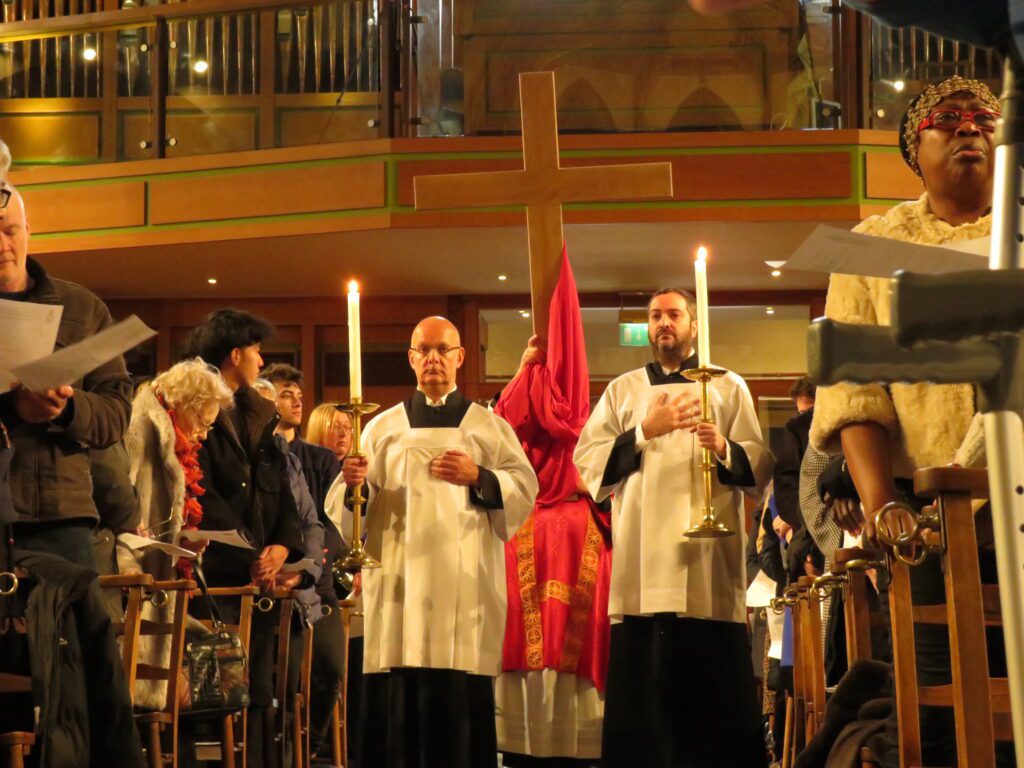
Pilate’s question appears at first almost casual, but it is a well-placed one.
In interview with Jesus, Pilate asks Him: “Are you the king of the Jews? […] Your own people have handed you over, what have you done?”
Jesus says, “I have stood up for the truth.”
And famously, Pilate replies “Truth? What is truth?”
This being St John’s Gospel, there are of course several things going on here all at once.
Pilate is an educated man, he knows philosophy, he knows that this could make for an interesting academic conversation.
But here, his comment is ultimately rhetorical, and he can hardly be thinking of conducting a discussion about truth.
This is not the place and time.
He can see that truth is secondary to what is unfolding here.
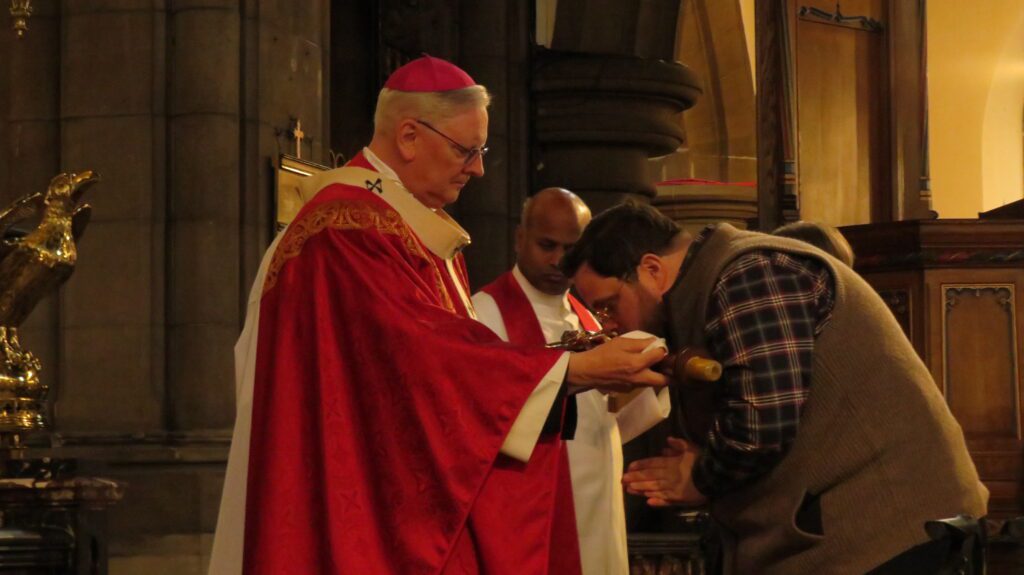
More likely is that he is working out how to keep the peace; if he should spare Jesus from death, and if it’s going to lead to a riot, and less about if it’s the right thing to do.
So, at first, he tells the mob that he finds no case.
By this, he tests the water, but he quickly realizes that Jesus’s death is the only way to restore calm - and so Jesus is condemned to death for pragmatism, convenience, for the sake of the peace.
What this also means of course is that truth is irrelevant. The authorities press their demands, the mob threaten a riot, and the innocent die. Truth is nowhere to be seen.
Except that in the midst of this injustice, Truth is present; but it is hiding in plain sight. Truth is standing there before them all.
St John is telling us that Jesus Christ is the Truth. He not only speaks the truth, or represents the truth.
Jesus is the Truth. He tells us that He came into the world for this.
Jesus Christ is the Truth of the Most High God, and the truth will set us free.
And it’s not 24 hours since Jesus, the night before, told Thomas and the Apostles “I am the truth”.
Jesus Christ is the Truth of the Most High God, and the truth will set us free.
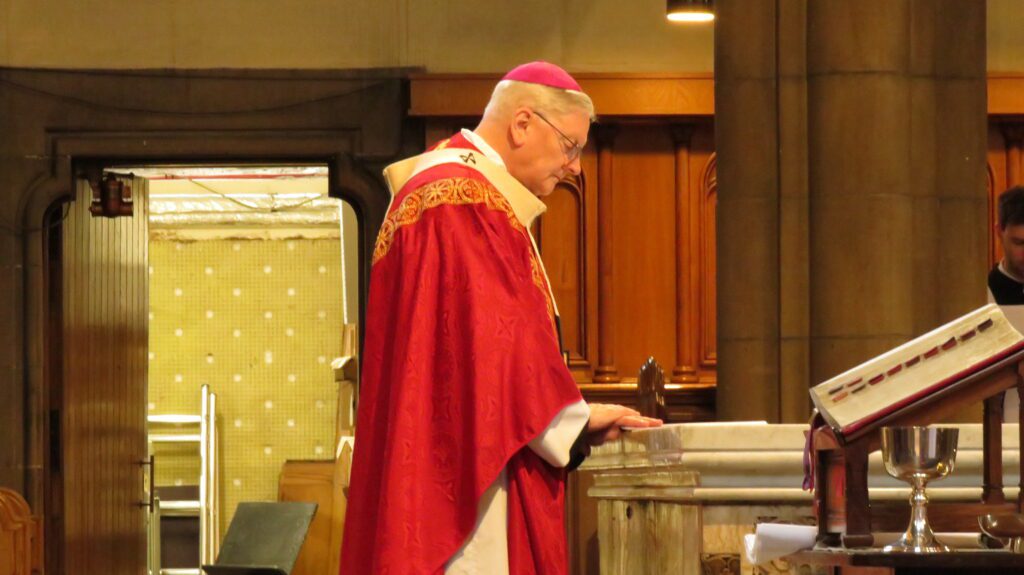
So that, even as Jesus is bound, arrested, and condemned before Pilate, even as He is shortly to be taken, bound, to the Cross, and to be nailed to it in mockery and to die an impotent spectacle, He is the one setting everyone free.
On the Cross, Jesus reveals Himself as the Truth, and that Truth sets us free.
The objective, simple truth, the reality here, is that the Son of God willingly and purposefully dies and does so for us all.
The Truth revealed in the person of Jesus stands before Pilate. Today, that Truth is not to be found in Roman law, or the caprice of the mob, or the expedient politics of the day.
Jesus Christ, is the Way, our way through death to life.
And today He is the Truth: He the dazzling reality of the God who sets us free in His victory on the Cross.
